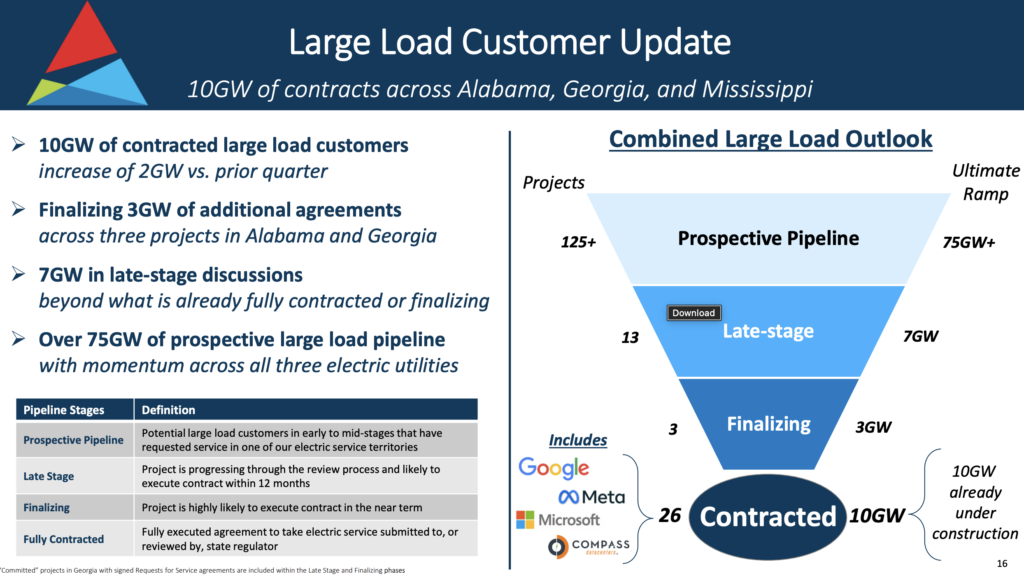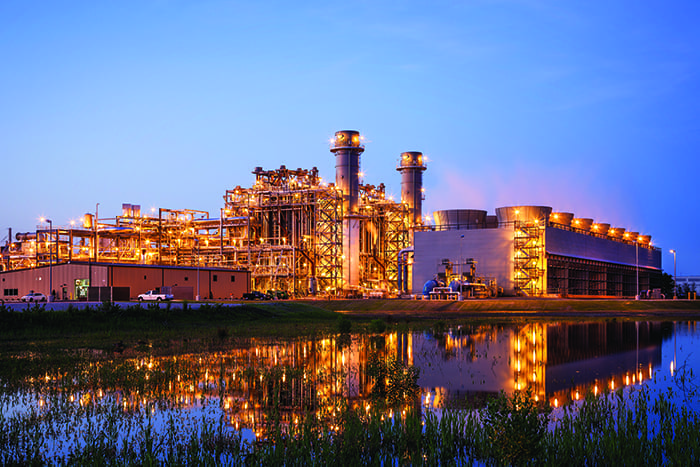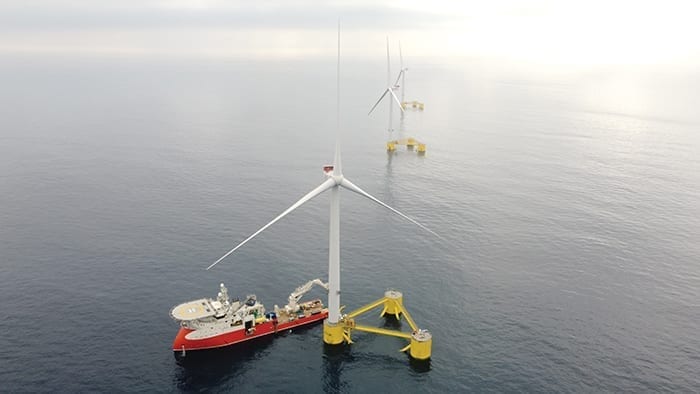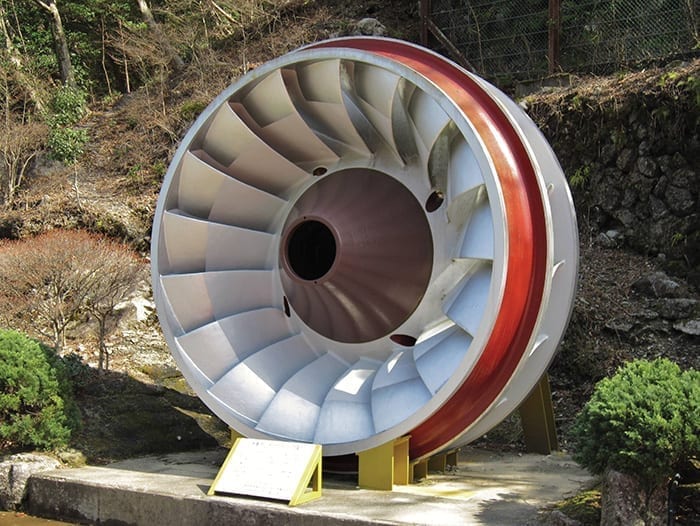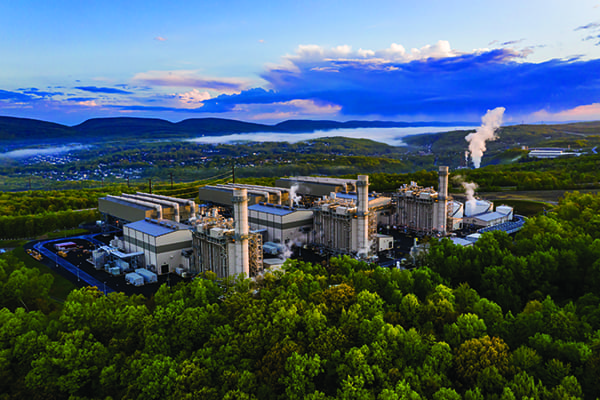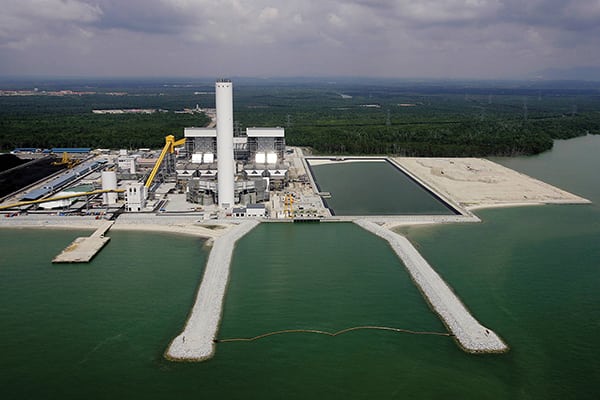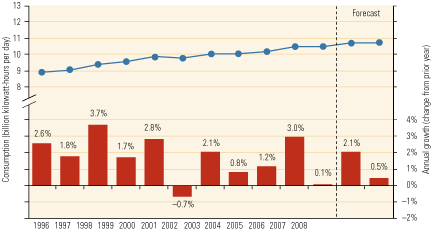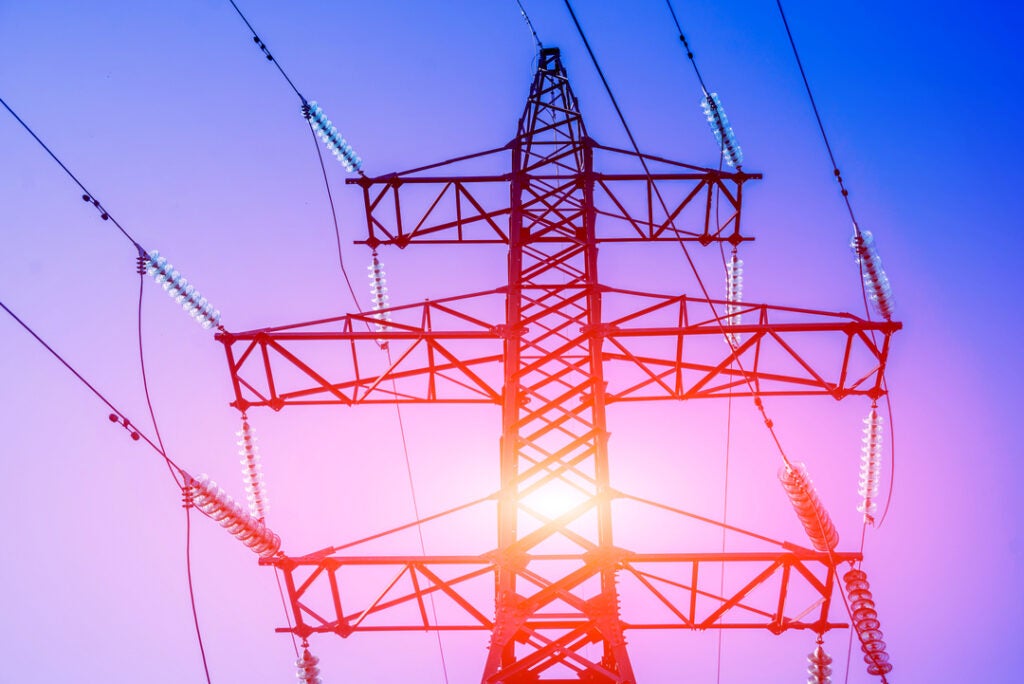Stymied in its plans for new coal-fired generation, Florida’s Jacksonville Energy Authority is moving to natural gas.
The municipal utility recently announced that it will build two 175-MW simple-cycle gas peaking turbines east of the St. Johns River, where its load is growing steadily. The utility then plans to upgrade the units to combined-cycle operation as demand continues to grow.
For several years, JEA was heavily involved in a multiple-utility plan for a $2.3 billion, 800-MW coal-fired plant to meet the region’s rapidly-growing electricity demand. But Florida Republican Gov. Charlie Crist (rumored to be on presumptive Republican presidential nominee John McCain’s vice presidential short list) clobbered the project and imposed a 20% renewable energy mandate on Florida utilities. “I worked on that for three years. In a flash of an eye, it got cancelled,” JEA project manager Mike Lawson told the Florida Times-Union.
So JEA dropped back and punted to gas. The utility, not specifying the capital cost of the gas project (which will be substantially less than the coal plan), says construction should begin in 2009 with the units in operation in 2010. A second phase—installing heat recovered equipment, boosting the output to 553-MW—could be operational in 2012 or 2013, the utility said.
The Times-Union quoted JEA spokesman Bud Para that natural gas is the state’s savior when it comes to meeting new electric demand. “In phasing out coal,” the newspaper reported, “natural gas plants could become the new workhorse as Florida’s population swells and electricity need grows. Without them, Para said the state could run short of electricity before Crist’s time is up as governor.”
It’s clear that as politicians shut off access to new coal-fired generation, practical utility managers are going to go toward gas. Renewables just don’t cut it when it comes to reliability and the ability to dispatch power. Nuclear is way too long run from most utility planning horizons. It’s likely that California will reach the same conclusions as Florida utilities.
That leaves gas. It really doesn’t matter how much gas generation costs, since the utilities will pass those costs on in their bills. When customers scream about the bills? The utility will pass the blame—correctly—to the politicians.
The response of the politicians is predicable: duck and cover and find someone else to blame.


